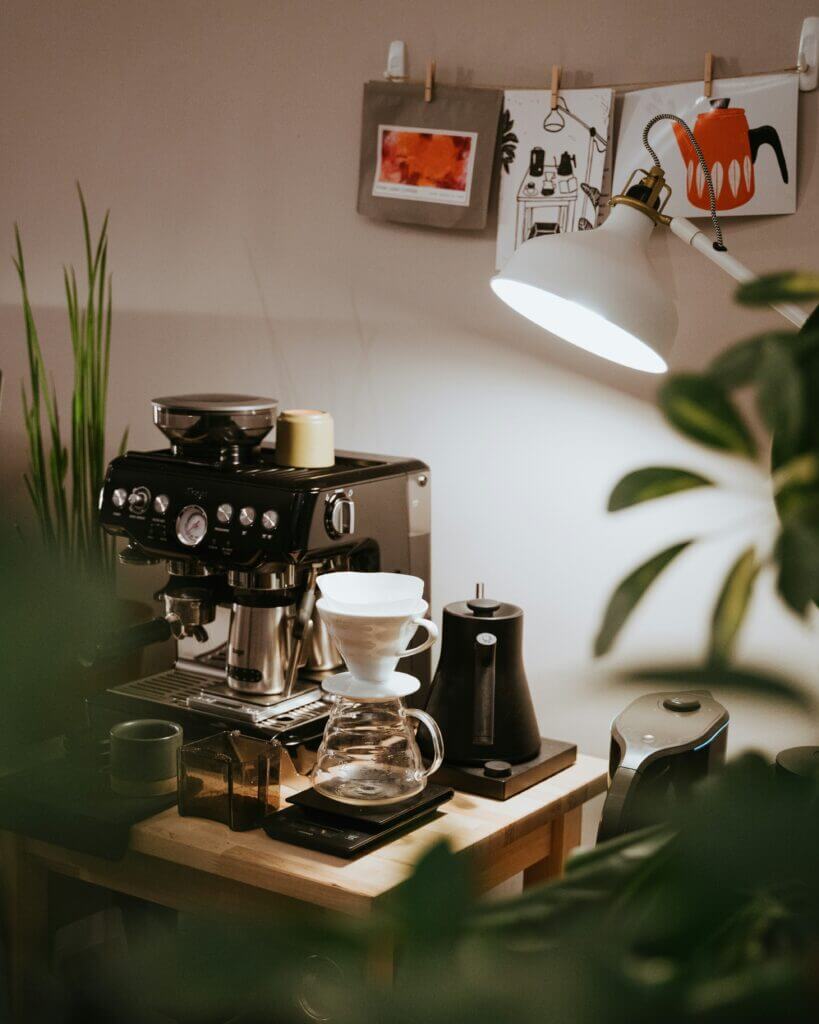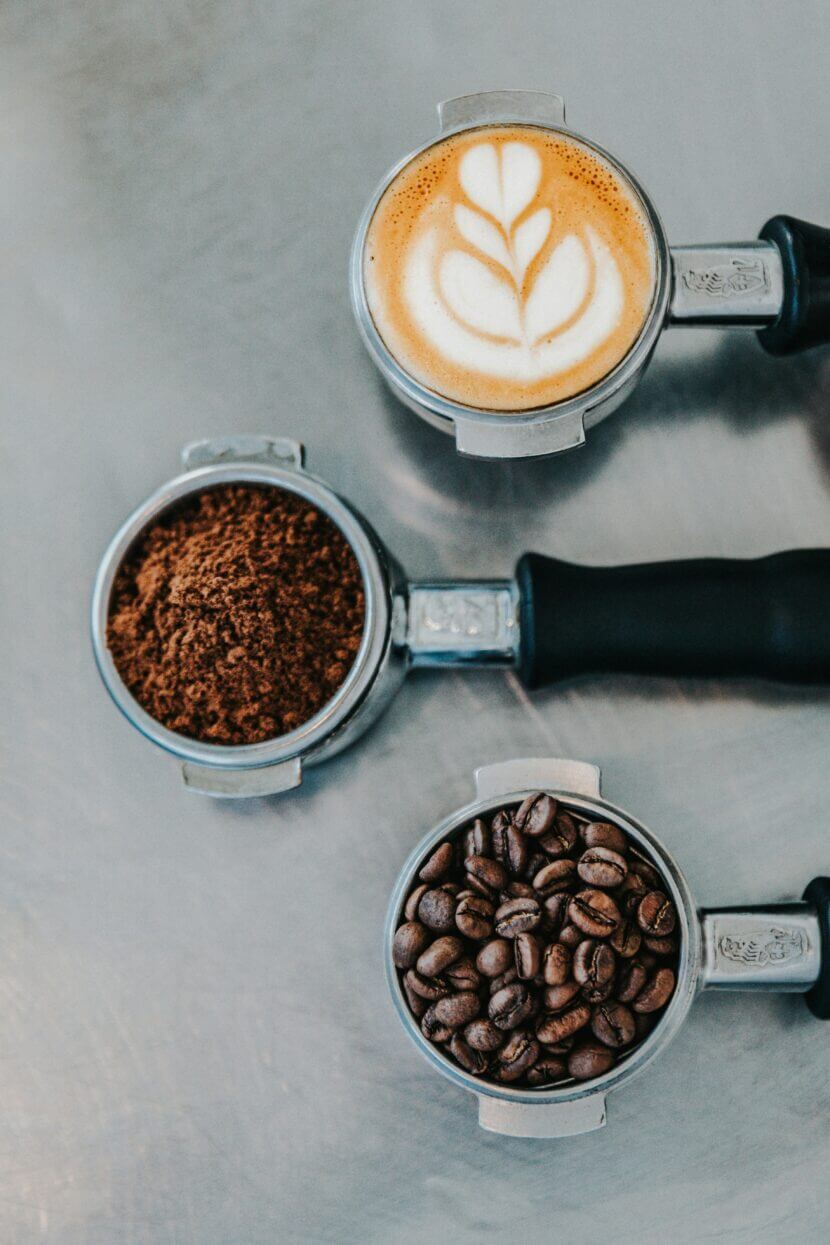The espresso machine goes on strike – sheer horror for anyone who loves coffee. To prevent this from happening, the device needs a few strokes at regular intervals. The two espresso experts Stefan Schopfhauser and Andreas Bilinsky know what is important when cleaning a coffee machine.
Imagine a steaming cup of coffee at the breakfast table, the aroma of freshly brewed espresso filling the room. The perfect start to the day for many. And now imagine taking a sip with relish – and everything inside you tightens. The coffee tastes bitter and rancid, stale and often sour.
This can happen if you do not regularly maintain and care for your coffee machine. Stefan Schopfhauser (“Espressokultur”) and Andreas Bilinsky (“Expressoservice”), both experts in espresso machines, provide valuable tips on cleaning coffee machines. After all, the right care is crucial for the taste and longevity of the appliance.
Cleaning the coffee machine: Difference between portafilter and fully automatic machine
First things first: We differentiate between portafilter machines and fully automatic machines. The latter signal automatically when they need to be cleaned or when the drip tray is full. According to the experts, there is nothing more that can really be done. On the other hand, portafilters need a little more attention and require careful adjustment in terms of water hardness and grind, especially at the beginning.
Daily and weekly cleaning routines
Regular cleaning programs are essential for both portafilter machines and fully automatic machines. Special cleaning tablets and thorough rinsing prevent the build-up of coffee fats and oils, which can taste rancid and bitter. With portafilter machines in particular, the brew group should be cleaned daily with a brush or, better still, with a cleaning device to remove residues.
You should use coffee fat cleaner once a week and, depending on the type of machine, backwash the brew group with it to remove stubborn residues and prevent technical problems such as clogged valves and corrosion of the chrome plating.
Important tip from the professionals: Vinegar is not a suitable agent for descaling, as it only partially dissolves limescale and leaves behind residues. Soda is also unsuitable. It is therefore essential to use special cleaning powders or, better still, liquid cleaners or descaling agents with a color indicator!

Maintenance by experts
Regular professional maintenance is essential for complicated machines such as dual boilers with rotary pumps. Even experienced DIY enthusiasts should not rely solely on Internet advice, but should trust the experts.
Even more tips for the perfect coffee
For optimum coffee enjoyment, the grind must be adjusted to the type of coffee. A grind that is too coarse leads to a quick and thin extraction, while one that is too long tastes bitter. The ideal extraction time for a ristretto is 20 seconds. The optimum brewing temperature is a maximum of 96 degrees Celsius, as higher temperatures can also make the coffee bitter. And: oxygen is the enemy of flavor – therefore, bean containers should only be filled with the amount that will be used in two to three days.
Following these care instructions will keep your coffee aromatic and your machine in top condition. So if you invest a few minutes a day in cleaning, you will benefit in the long term from better tasting coffee and a well-functioning machine.
TIP: If you want to find out in detail about coffee trends, the latest machines and the origin of the beans and also taste them, you should make a note of a weekend in September in your diary: the “Vienne Coffee Festival” will be taking place for the tenth time in Vienna’s Marx-Halle from September 6-8. Info at https://www.viennacoffeefestival.cc
Related posts:
Coffee and desserts: delicious recipes to enjoy













